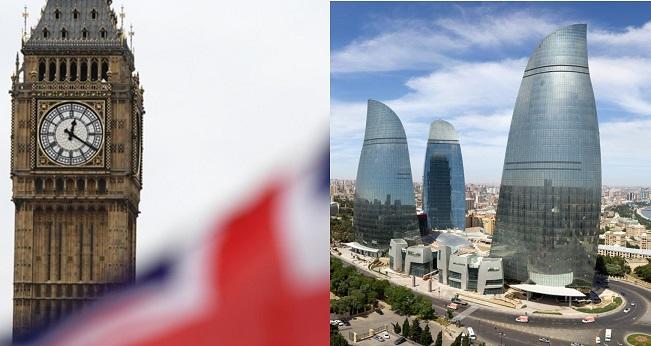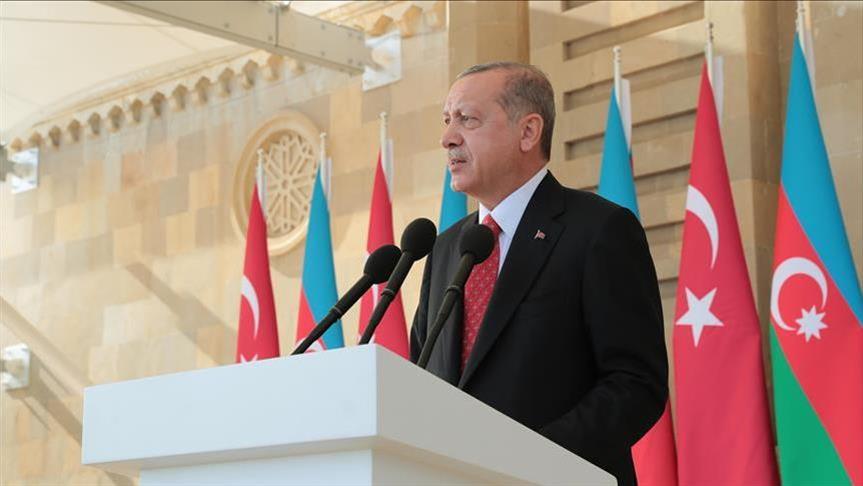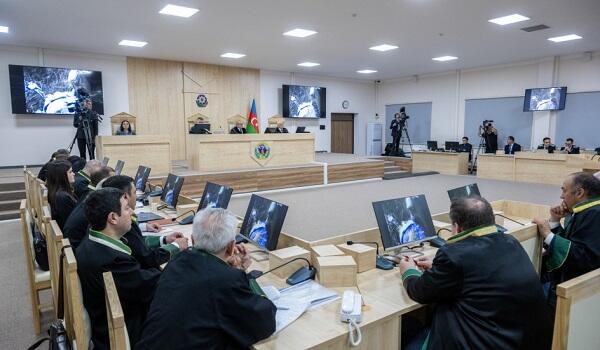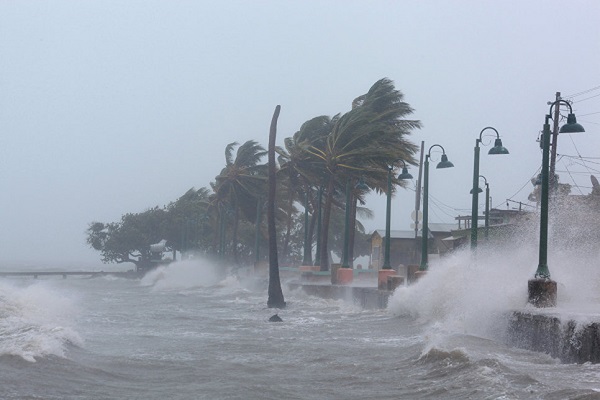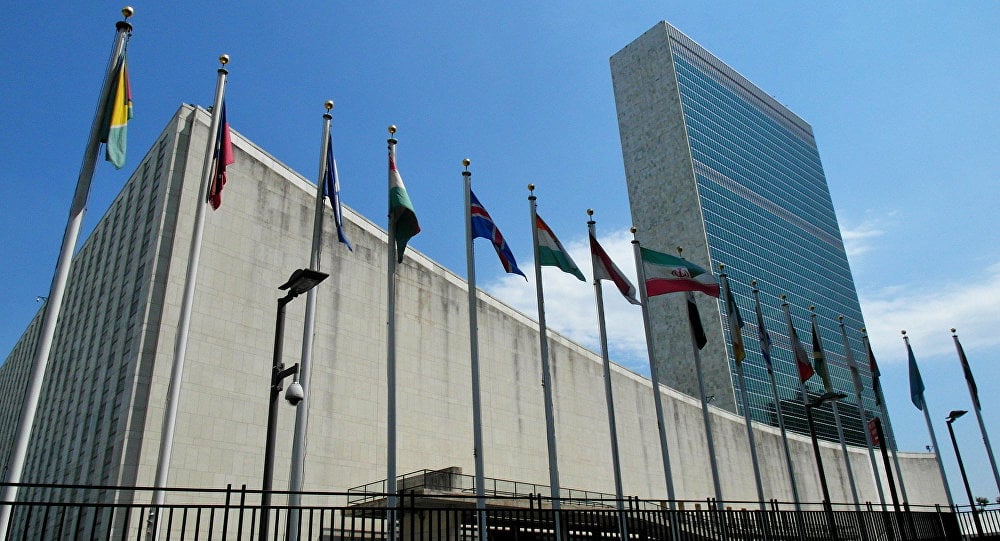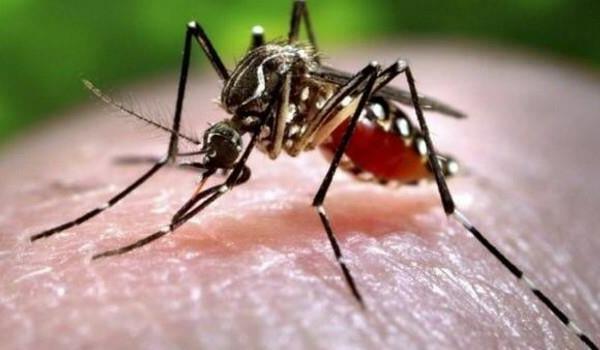More than 7,000 cases of a mosquito-borne virus have been reported across China's Guangdong province since July, prompting measures similar to those taken during the Covid-19 pandemic.
Axar.az informs, citing BBC, In Foshan city, which has been hit the hardest, chikungunya patients must stay in hospital, where their beds will protected with mosquito nets. They can only be discharged after they test negative or at the end of a week-long stay.
Spread through the bite of an infected mosquito, the virus causes fever and severe joint pain, which sometimes can last for years.
Although rare in China, chikungunya outbreaks are common in South and South East Asia and parts of Africa.
What is chikungunya?
Most people bitten by an infected mosquito will develop symptoms of chikungunya within three to seven days.
Apart from fever and joint pain, other symptoms include rash, headache, muscle pain and swollen joints.
In most cases, patients will feel better within a week. In severe cases however, the joint pain can last for months or even years.
Those at risk for more severe disease include newborns, the elderly, and people with underlying medical conditions, such as heart disease or diabetes.
There is no cure, but deaths from chikungunya are rare.
The virus was first identified in Tanzania in 1952. It then spread to other countries in sub-Saharan Africa and South East Asia.
To date, it has been reported in more than 110 countries.
The best way to prevent the virus from spreading is to reduce pools of stagnant water that allow the mosquitoes to breed, according to the World Health Organization.



